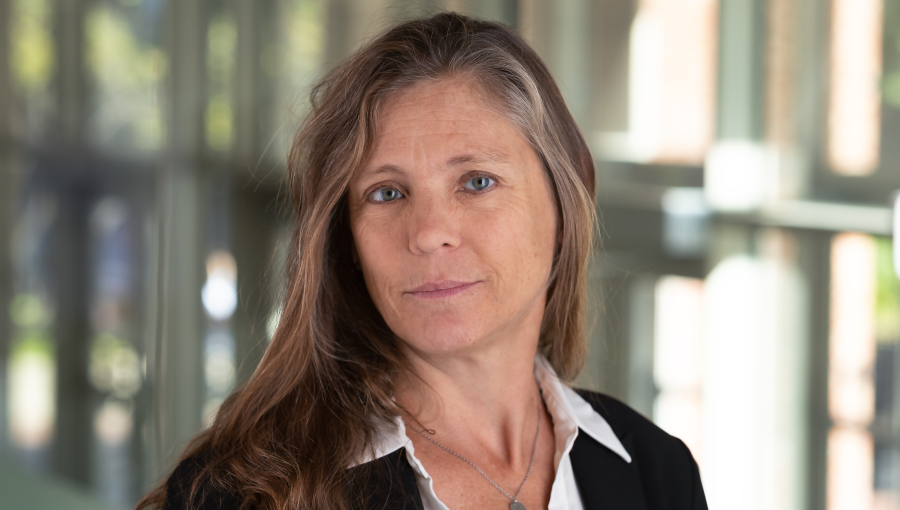Panel Discussion: The European Parliament and the EU in Times of Crisis
On February 15, 2016, the Guarini Institute for Public Affairs hosted a panel discussion on “The European Parliament and the EU in Times of Crisis: Populism, Immigration, and Schengen,” featuring Guido Lenzi, Lars Rensmann, Eszter Salgò and Donatella M. Viola.
JCU President Franco Pavoncello opened the discussion by remarking how for the first time since its creation, the EU has to rethink the strategic solutions to its problems. He noted how this need is especially relevant after the Paris terrorist attacks. He then gave the floor to Lenzi, who acted as moderator for the discussion.
Guido Lenzi, Ambassador and Adjunct Professor of political science at the University of Bologna, began by giving a brief historical overview of the European Union, born as an attempt at creating the “United States of Europe” before giving an outline of the discussion: the EU democratic deficit, the definition of Euroskeptics (disillusioned euro-enthusiasts, according to Lenzi), the need, or lack thereof, of a single European policy, and the lack of narrative of current events affecting the EU.
The modern Tower of Babel. Donatella Viola, professor at the University of Calabria, spoke next, presenting her recently published book The Routledge Handbook of European Elections, an electoral review of European elections from 1979 to 2014. She started her presentation by drawing a parallel between the EU and the Tower of Babel. Already from a visual point of view, she said, the European Parliament is very similar to the Tower of Babel, with its unfinished design meant to represent the Tower. The choice of building the Parliament in such a way, she continued, was made as an attempt to “destroy the curse of the Tower of Babel.” She then described how her book is structured and its aim, to highlight the importance of the EU in general, other than that of the European Parliament and of the European elections. She concluded by highlighting some of the trends in European elections, such as a lower voter turnout, before passing the floor to Professor Salgo.
A Union divided. Professor Salgo concurred with Viola about the similarities between the EU and the Tower of Babel. However, she said how the problem with the EU is not communication, but rather lack of representation and accountability. As an example she brought forth the increasingly authoritarian discourse adopted by the “supranational elites”, who tried to paint populists and Euroskeptics like the contemporary incarnation of evil. She also noted how it was the immigration crisis that shed light on the many dividing lines that cross the Union, before claiming that said crisis is what broke the taboo of an “ever closer European Union.”
Second order elections. Professor Rensmann spoke last, disagreeing with Viola about the importance of the European Parliament and European elections. In fact, he said, European elections and campaigns are still mostly second order elections. He did not deny their importance, but rather claimed that they matter mostly on a national level, especially for parties seeking to emerge, normally being right-wing (as the Front National), or protest parties. According to Rensmann, this is the reason why the turnout is low for European elections. In fact, citizens know that the European Parliament is not a very powerful institution, as seen by its lack of decisive action regarding the financial or immigration crises. He concluded by speaking of immigration as a needed and unavoidable force in the European Union, one that, however, is not without its problems and costs. A force, Rensmann said, that will need to be tackled with political work.







